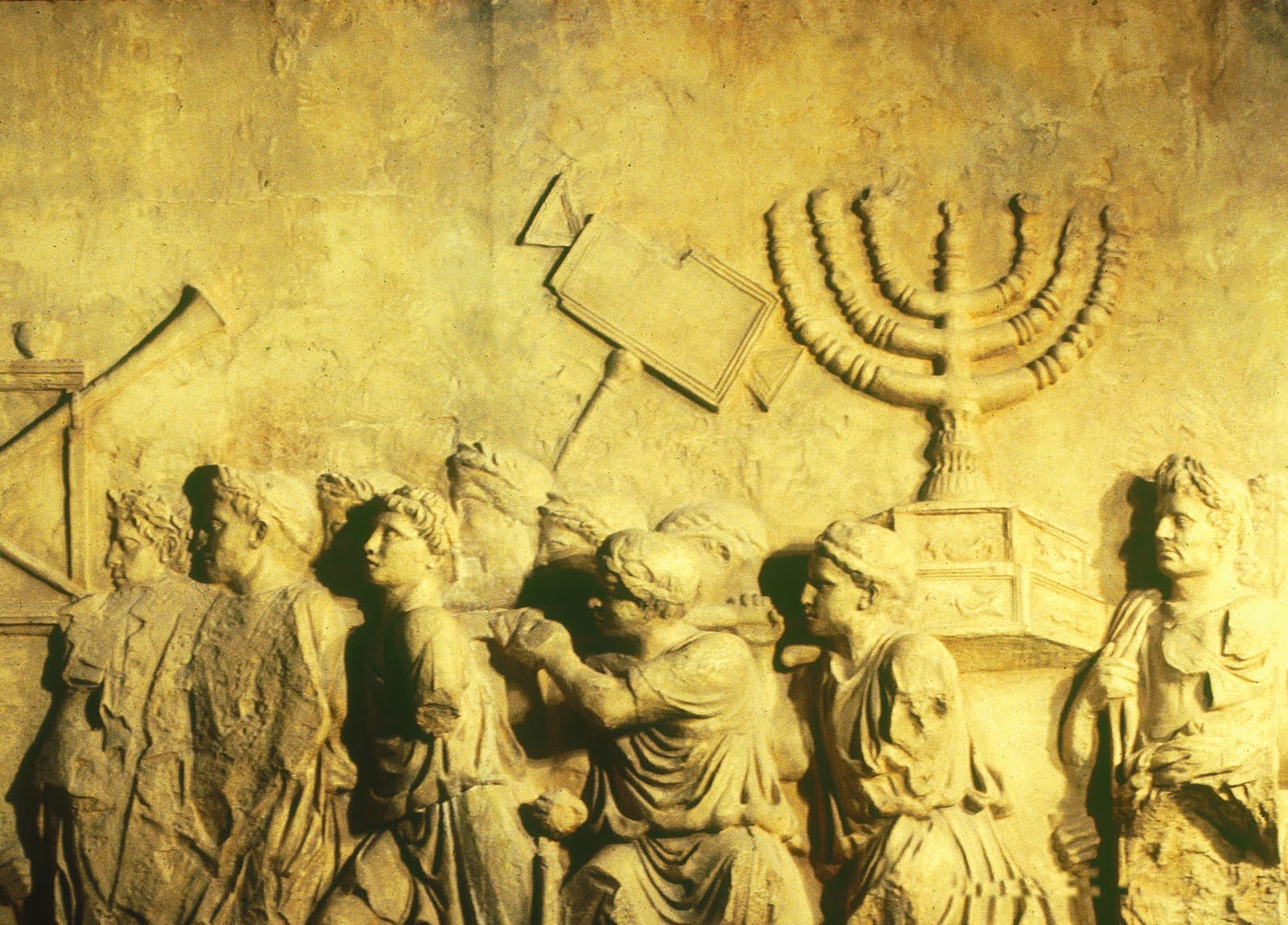The quality of Roman culture changed dramatically over the many centuries of its growth and decline.
Growth was associated with (and arguably caused by) representative and elected government; a sense of probity, honor and self-sacrifice; and tolerant syncretist polytheism.
Decline was associated with (and arguably caused by) dictatorial monarchy; greed, corruption and dissolute behavior; and intolerant monotheism.
If historians tease these aspects apart, their books may be useful. However, many pick and choose qualities from different centuries in order to reinforce their own biases, saying for example that Rome's greatness was caused by its culture of self-sacrifice and its adoption of Christianity. But the former trait was part of Rome's Republican culture of growth, while the latter event occurred several hundred years later, and was part of the Imperial decline.
If historians pick and choose whatever qualities they want from among many pairs of opposites that were culturally prevalent in different centuries, unaware of the timescale they are working with and the cultural shifts that happened, they should shift their title from "historian" to "story-teller".
August 16, 2010
Subscribe to:
Posts (Atom)




